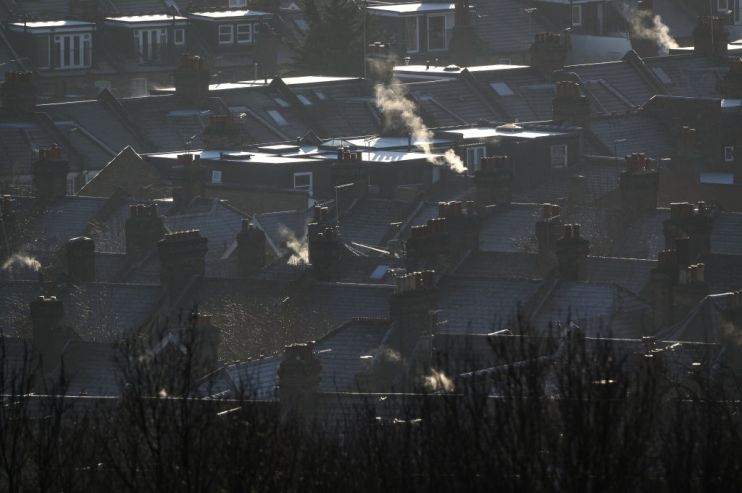Young workers cooped up in flats have budgets squeezed by home working

Young renters cooped up in small flats amid working from home orders during the pandemic have had their budgets squeezed, revealed official figures released today.
Almost every person in the UK living in rented housing was hit with higher energy bills, according to research by the Office for National Statistics (ONS).
Younger workers just starting out on their careers tend to live in private rented accommodation and have less income than older workers, meaning they are hit harder by increases in basic necessity costs.
Spending to improve internet connection to maintain productivity levels while working from home pinched around one in four Brit’s pockets.
Despite some highlighting the cost savings from the rapid adoption of remote working since the onset of the Covid-19 crisis, the ONS figures reveal this was not the case for a substantial proportion of the UK.
Just under a fifth of all workers in Britain have seen their spending rise as a result of working from home, largely driven by increased spending on household energy bills and broadband the ONS said.
Purchases of food climbed a third among home workers, likely driven by consumers diverting money they would have otherwise spent on dining out or lunch time meal deals to buying more luxury food items.
The ONS’ research illustrates the scale of the hit to the economy from large swathes of the population being confined to their homes.
Data from the Bank of England examined by the UK’s official statistics agency revealed credit and debit card transactions tend to drop when Brits are working from home.
“These results indicates that there was less spending on credit and debit cards when fewer people were spending time in workplaces and more people were reporting working from home,” the ONS said.
Parents with children still living at home had to ramp up spending compared to homeworkers whose children have flown the nest.